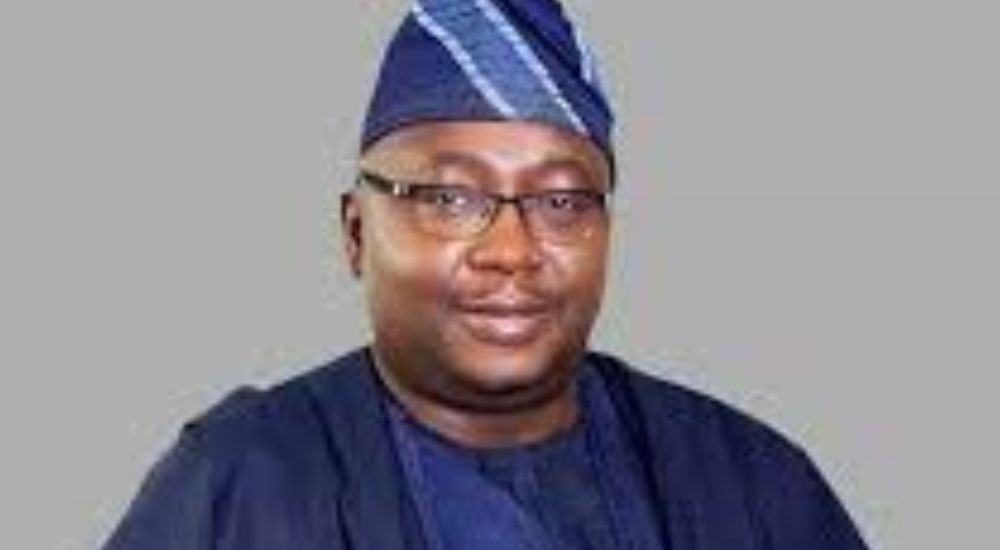The Minister of Power, Chief Adebayo Adelabu, has announced that the Federal Government’s strategic interventions in the power sector are already yielding significant results.
The interventions, he said, had culminated in a landmark synchronisation of the Nigerian grid with the wider West African network and attracted over $2bn in fresh investments.
The Special Adviser, Strategic Communications and Media Relations to the Minister, Bolaji Tunji, in a statement issued in Abuja on Thursday, quoted Adelabu as speaking as a keynote speaker at the PwC’s Annual Power and Utilities Roundtable 2025 in Lagos.
It was themed: “Nigeria’s Multi-Tier Electricity Market: Imperatives for Successful Evolution.”
Adelabu, an alumnus of the consulting firm, framed the reforms as a fundamental shift from a monolithic national market to a “dynamic, multi-tier federation of markets,” driven by the Electricity Act 2023.
“Under the Renewed Hope Agenda of President Bola Ahmed Tinubu, the Nigerian power sector has entered a new phase defined by decentralisation, liberalisation, and a shift from a single national market to a multi-tier, multi-actor electricity ecosystem,” the Minister stated.
Advertisement
The Minister described this as a “remarkable milestone for West Africa,” noting that the West African Power Pool (WAPP) achieved synchronisation across all 14 member countries for over four hours, marking a major step toward a fully integrated regional electricity market.
The Minister stated that there had been a 70 per cent increase in the sector’s revenue in 2024, along with a reduction of government liability by NGN 700bn, attributing this to the “commencement of the process to transition the industry towards full commercialisation.”
“Further bolstering the sector’s financial health is the successful mobilisation of N700bn from the Federation Account Allocation Committee (FAAC) to implement the Presidential Metering Initiative (PMI) aimed at closing the nation’s massive metering gap.
“This is complemented by a World Bank DISREP fund of $500 million, which together will add millions of new meters to the system. Procurement of the meters has commenced,” the Minister confirmed.
He said operational capacity has also been on the upward swing, with the country’s installed generation capacity rising from 13 GW to 14 GW.
Advertisement
“More critically, the nation achieved an all-time generation peak of 5,801.44 MW and a maximum daily energy record of 128,370.75 MWh on March 4, 2025.
“Other key results include the activation of 15 States’ electricity markets, the development of a National Integrated Electricity Policy after 24 years, and the attraction of over $2bn in fresh investments to extend electricity access,’’ the minister said.
Adelabu assured that the Ministry was proactively addressing them through coordinated engagement, capacity building, and expanded public-private partnerships.
He asserted that Nigeria’s transition to a multi-tier electricity market “is not optional, it is necessary,” and called on stakeholders to “think boldly, challenge assumptions, and generate solutions” to build a decentralised, competitive, and inclusive power sector for the nation.
………………………………………………….

